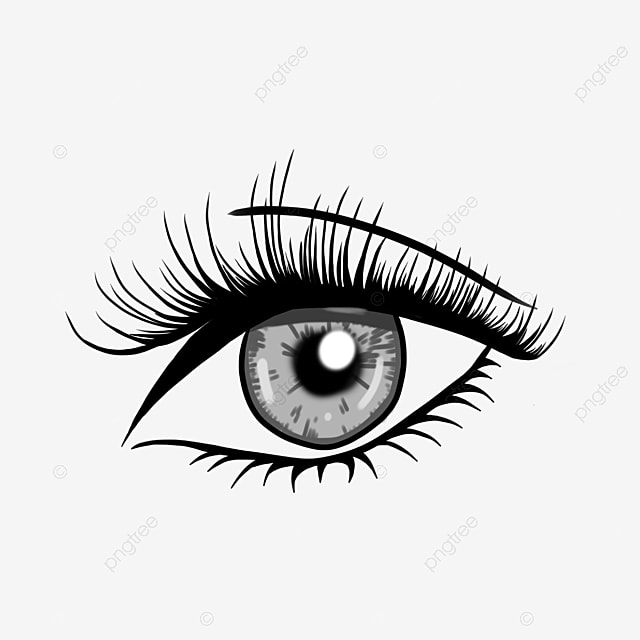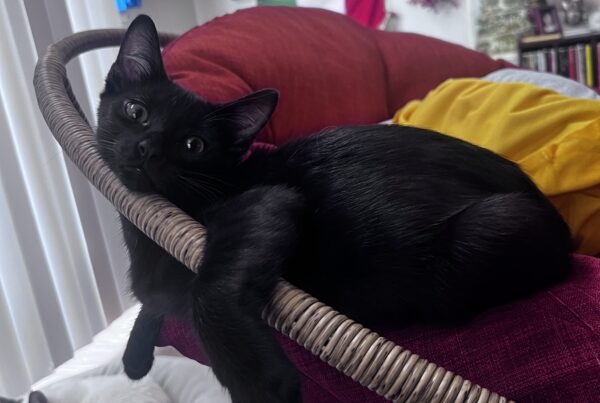Originally posted on Multiple Sclerosis News Today
I was sitting in an introductory biology class during the second semester of my freshman year in high school when things started going downhill.
The teacher was presenting a lesson about the functions of plants, or something in that realm that I don’t remember. I sat in the back row, as I normally did, and took notes. Then suddenly, the vision in my left eye became fuzzy, and I could no longer see the PowerPoint presentation. I couldn’t focus, and I remember thinking that a runaway eyelash or a piece of lint in my eye was causing the fuzziness.
I was wrong. My eye continued to bother me the rest of the day, which began to set off alarms in my mind.
As I’ve said before, I’m a drama queen, and I fully own up to my antics. During my childhood and into adolescence, I wanted to go to the doctor for every minor thing, and I acted as if they were the end of the world. When I told my family that I couldn’t see out of my left eye, they brushed it off, perhaps understandably. But every day, my vision got a little worse.
Time to investigate
When my family realized something was wrong with my vision, they all began to worry. I spent the next couple of weeks in and out of doctor’s offices, getting examined and tested. My mom first took me to an optometrist because we all thought I just needed a pair of glasses. Wrong again.
The optometrist performed a standard exam, which included dilation, digital retinal imaging, a visual field test, and a no-contact tonometer test. None of them revealed anything wrong with my eyes. My vision loss was apparently a more complex issue. Sigh.
The optometrist then referred me to two eye specialists, who ran the same tests but had the equipment to look several levels deeper into my eye. They still couldn’t explain my vision loss, but they did say I was legally blind in my left eye. At this point, I felt scared, sad, and anxious because I wanted answers, as well as my formerly good vision.
One of the specialists referred me to an ophthalmologist, who performed a variety of tests that ultimately revealed I had optic neuritis. To recover my vision, the doctor prescribed me a high dose of steroids and emphasized that I needed to eat plenty. He then told me, less reassuringly, that I could potentially lose my vision somewhere down the line.
I immediately began taking the steroids and ate as much as I could, but it wasn’t enough. A couple of days into the medication, I had an excruciating pain in my stomach that persisted for hours. My family rushed me to the hospital, but the front desk didn’t want to take me back to see a doctor. To speed up the process, my mom showed them the medication I was taking, which made them realize the severity of my situation. It turns out that I needed to eat a lot more than I was.
As the days passed, my vision slowly got better, but never fully. After this episode, I went back to the optometrist to get a pair of glasses because my right eye was straining to balance my left, which never fully recovered. At this point, I felt some relief, but still had a lingering worry because I didn’t want to go through this experience again. Ever.
About three years later, I lost my vision again and went to the same ophthalmologist. He prescribed me the same dosage of steroids and said that I could potentially have multiple sclerosis (MS) — but that had to be confirmed by an MS specialist. Shortly thereafter, I was diagnosed with relapsing-remitting multiple sclerosis.
This period remains one of the scariest and saddest moments in my MS journey because of all the uncertainty and unanswered questions. It was a life-altering chapter that has shaped who I am today.



